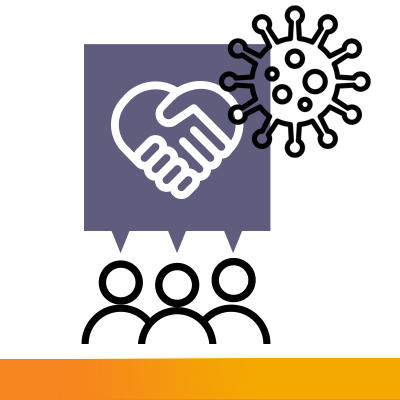Spain
Ethics at Work Index: 80.0
Spanish employees’ views of ethics at work have improved in some important ways compared to 2018. For example, employees are more likely than in the past to be aware of each of the four building blocks of an ethics programme considered in this survey. Those that have been aware of misconduct at work are more likely to report it and be satisfied with the outcome of it, while they are less likely than employees in some other countries to experience retaliation as a result.
However, the percentage of Spanish employees who are aware of misconduct and do not raise their concern is still relatively high and respondents are more likely than in 2018 to say that they have felt pressured to compromise their organisation’s standards of behaviour. The provision of the formal elements of an ethics programme, which, despite the improvements in the past three years, are still lower in Spain than in other countries, might help to address some of these issues. Looking ahead, automated machines or AI replacing humans in the workplace is the issue that Spanish employees are more likely to be concerned about.






